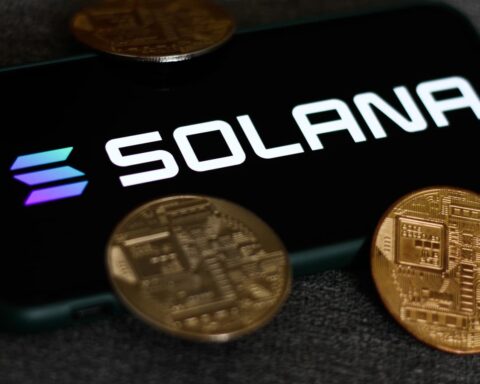A novel online service named OnlyFake, boasting the use of artificial intelligence (AI) “neural networks” and “generators,” has reportedly managed to successfully pass Know Your Customer (KYC) checks on multiple cryptocurrency exchanges.
The astonishing part? It costs a mere $15 per document.
Operating under the alias “John Wick,” the owner of OnlyFake claims that the service can help users bypass KYC checks on major exchanges like Binance, Kraken, Bybit, Huobi, Coinbase, and OKX, along with the crypto-friendly neobank Revolut.
This revelation has raised significant concerns about potential exploitation by crypto scammers and hackers, who could utilize these counterfeit documents to open exchange accounts and bank accounts while concealing their true identities, thereby making them harder to trace.
OnlyFake offers fake driver’s licenses and passports from 26 countries, including the United States, Canada, Britain, Australia, and several European Union nations.
Payments are accepted in various cryptocurrencies through Coinbase’s commercial payments service.
Recent reports indicate that OnlyFake’s users have successfully used these counterfeit IDs to evade verification at crypto exchanges like Kraken, Bybit, Bitget, Huobi, and even financial service providers such as PayPal.
READ MORE: Artists Ryder Ripps and Jeremy Cahen Ordered to Pay $9 Million in BAYC NFT Lawsuit
An alarming Telegram channel also showcases individuals sharing their apparent success stories with these IDs.
The OnlyFake website, however, asserts that it does not “manufacture forged documents as it is illegal.” Instead, it claims that its “templates are only for use in movies, TV shows, and web illustrations.” Nevertheless, generating a fake document on the platform reportedly takes less than a minute.
Users can upload their own photos or select one randomly from a “personal library of drops,” which are not generated using a neural network.
Furthermore, OnlyFake provides an image metadata spoofing feature, allowing users to manipulate GPS location, date, time, and device information, which some identity verification services rely on to authenticate documents.
This raises additional concerns about the potential for widespread abuse of this service.
Crypto industry executives have been voicing concerns about the growing sophistication of deep fake technology and its implications for identity verification.
In 2023, Binance’s Chief Security Officer, Jimmy Su, warned of an increasing number of scammers attempting to deceive exchange KYC checks using deep fakes, predicting that these videos would soon be convincing enough to fool human operators.
While some exchanges like OKX have responded promptly to these allegations by denying any condoning of fraudulent conduct and initiating investigations, the emergence of services like OnlyFake underscores the ongoing challenges faced by the cryptocurrency industry in combating fraud and ensuring robust security measures.
Coinbase, Binance, Kraken, Bybit, Bitget, Revolut, Huobi, and PayPal have yet to provide official comments regarding these developments.
Discover the Crypto Intelligence Blockchain Council




